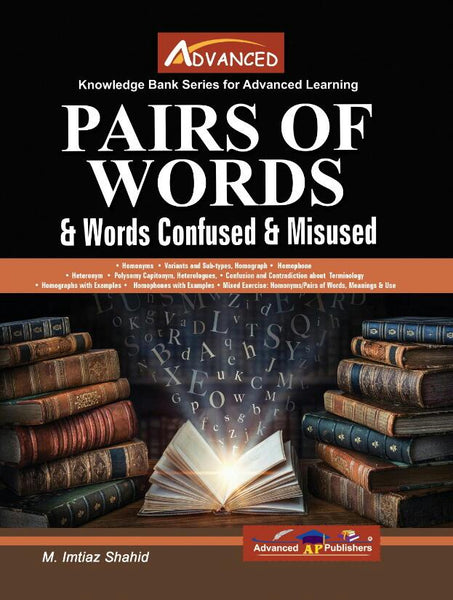Animal Farm by George Orwell – Kitab Mahal
- Publisher: Kitab Mahal (Pvt) Ltd , KM
- Availability: In Stock
- SKU: 27159
Rs.170.00
Rs.210.00
Tags: 20th-century literature. , allegorical novels , Animal Farm , animal rights , animal symbolism , betrayal of ideals , BS , class struggle , Critical Studies , dystopian literature , English , English fiction , equality in society , George Orwell , ideological manipulation , Kitab Mahal , Kitab Mahal (Pvt) Ltd , KM , language and control , Orwellian , political allegory , political satire , power and corruption , propaganda , Russian Revolution , social justice , Soviet critique , Soviet Union , Stalinism , Text , totalitarianism , Urdu Tarjama , With Urdu Translation
Animal Farm is a political allegory written by George Orwell, first published in 1945. The novella critiques the events leading up to the Russian Revolution and the early years of the Soviet Union. The story is set on a farm where animals overthrow their human owner to establish their own government, only to see it descend into a tyranny that mirrors the oppression they sought to escape. Through its portrayal of the rise of totalitarianism, Animal Farm exposes the corruption of power and the betrayal of revolutionary ideals.
Key Points
-
Allegory of the Russian Revolution: The novel is an allegory for the Russian Revolution of 1917, with the animals representing different classes and groups in Russian society. Major characters, like Napoleon and Snowball, are symbolic of historical figures such as Joseph Stalin and Leon Trotsky.
-
Rise of Totalitarianism: Orwell explores how revolutionary movements can easily become corrupted by the desire for power. After the animals overthrow their human owner, the pigs begin to adopt the same authoritarian practices as the humans they replaced.
-
Themes of Power and Corruption: The central theme of Animal Farm is the corrupting influence of power. Initially, the animals set out to create a society of equals, but over time, the pigs assume leadership roles and exploit the other animals for their own gain.
-
The Manipulation of Language: Orwell also critiques the use of language as a tool of control. Slogans like “All animals are equal, but some animals are more equal than others” demonstrate how language can be twisted to justify inequality and oppression.
-
Criticism of Ideology: The novella serves as a critique of ideologies that justify oppressive regimes, particularly Stalinism. Orwell highlights the dangers of blindly following a leader and the consequences of ideological manipulation in maintaining control.
Conclusion
Animal Farm is a timeless critique of totalitarian regimes, examining how power, greed, and corruption can undermine even the noblest of ideals. Orwell’s novella is not only a political commentary on the Soviet Union but also serves as a warning against the dangers of absolute power in any society.
════ ⋆★⋆ ═══
Writer ✤ George Orwell
Publishers ✤ Kitab Mahal (Pvt) Ltd , KM


























 English
English اردو
اردو